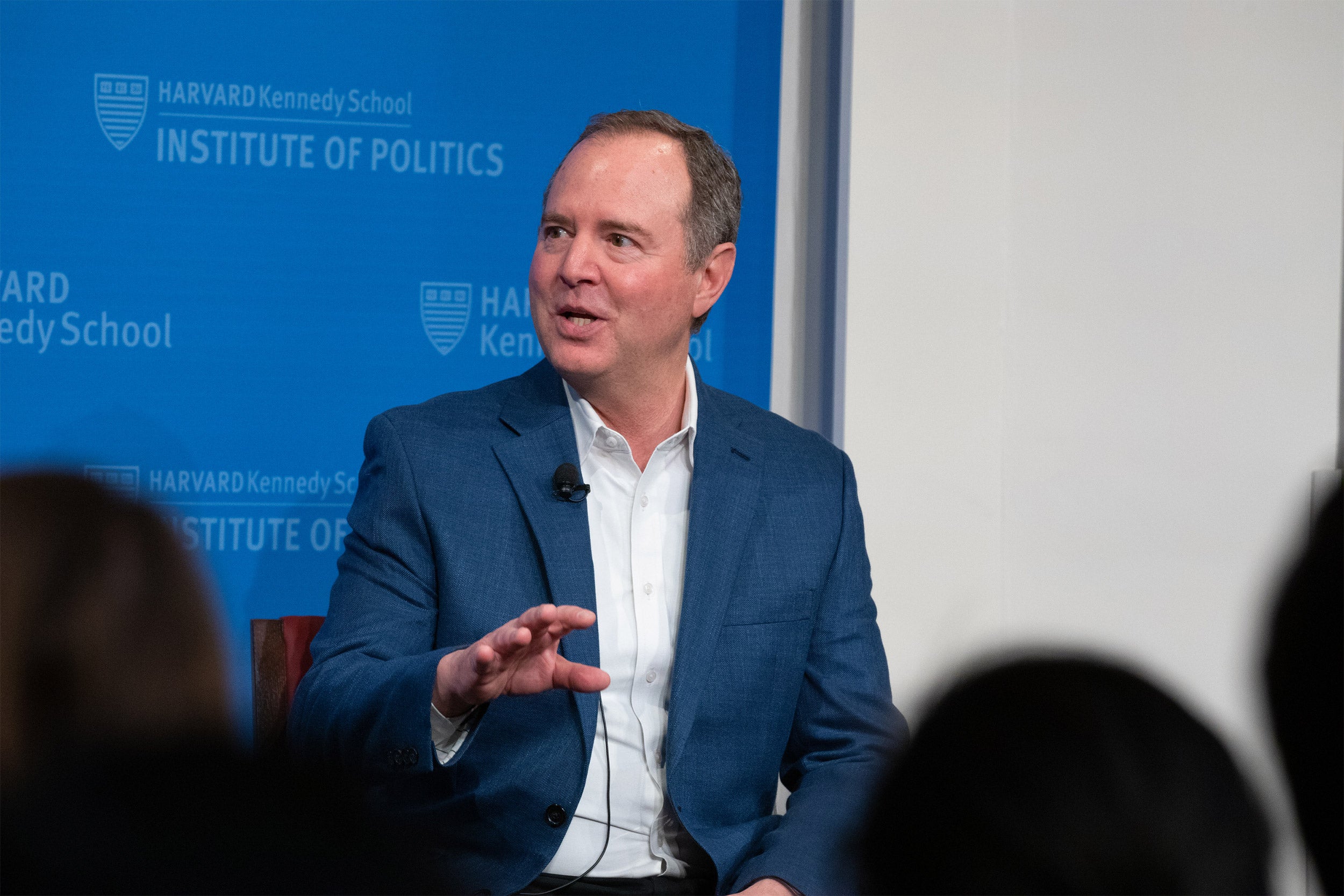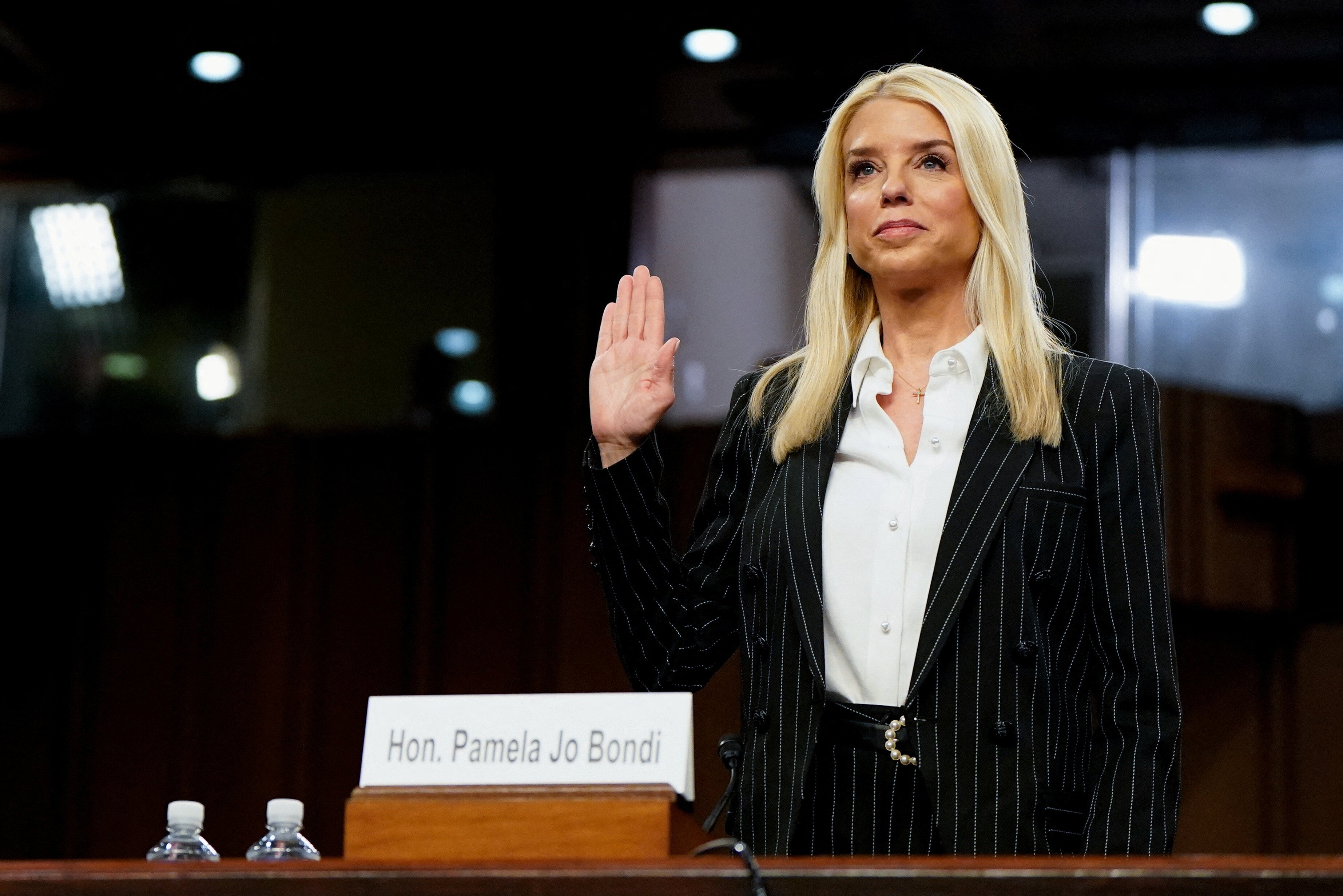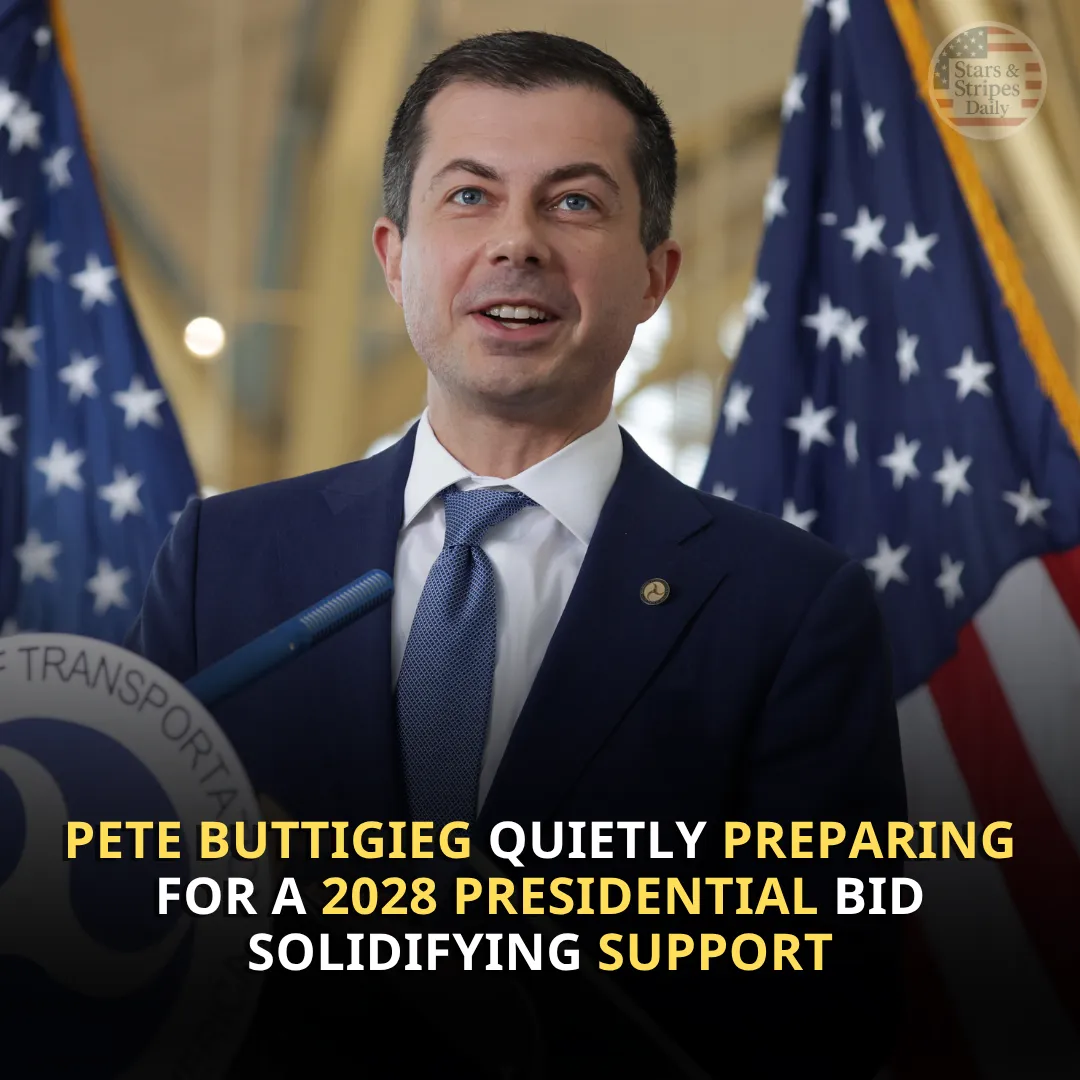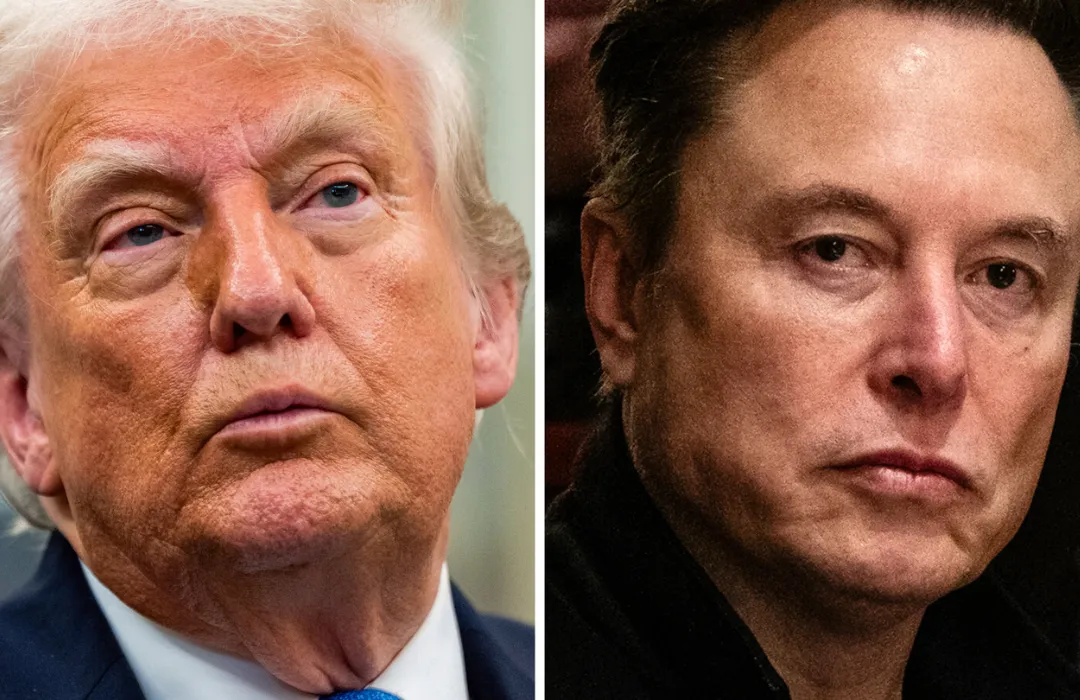
Senator Adam Schiff (D-CA), long a prominent Democratic voice on intelligence and national security issues, is facing renewed scrutiny after the emergence of whistleblower allegations that accuse him of authorizing leaks of classified information during his tenure in the House of Representatives.
If substantiated, the claims could expose Schiff to steep financial penalties and potential prison time, threatening to derail his political career and tarnish a reputation built on years of high-profile oversight work.
The controversy arises from newly declassified FBI interview reports and testimony from a Democratic staff whistleblower who served more than a decade on the House Intelligence Committee.
According to these reports, Schiff is alleged to have orchestrated deliberate leaks of classified materials aimed at undermining former President Donald Trump during the height of the Trump–Russia investigation.
The whistleblower claims the events trace back to 2017, when Schiff, then the ranking member of the House Intelligence Committee, addressed an all-staff meeting.
During that gathering, Schiff allegedly declared that committee staff “would leak classified information which was derogatory to President of the United States Donald J. Trump.” According to the account, Schiff indicated that the leaked material would be used to fuel an indictment against Trump.
The whistleblower said he objected immediately, warning that such a plan was “unethical and possibly treasonous.” However, he recounted being brushed aside by colleagues who assured him that the committee would not be caught leaking.
The whistleblower further claimed that Schiff harbored ambitions of being named CIA Director if Hillary Clinton had won the 2016 election, adding another layer of political motivation to the alleged leaks.

Rep. Eric Swalwell (D-CA), another member of the committee, was identified by the whistleblower as a likely conduit for transmitting the classified information to the media. The whistleblower said that after raising concerns with the FBI, he was abruptly dismissed from his role, a move he interpreted as retaliation.
The whistleblower’s allegations were reportedly delivered to the FBI on multiple occasions. According to Just The News, the first contacts occurred in 2017.
Despite the gravity of the claims, FBI leadership — including Director Christopher Wray — allegedly failed to take action. The whistleblower said he repeated his testimony in 2023 to agents from the FBI’s St. Louis office, but once again, no visible action followed.
This pattern has fueled criticism that the bureau has shielded politically connected individuals while aggressively investigating others. Supporters of this view point to other controversies involving FBI handling of politically sensitive cases, including the bureau’s use of informants in the lead-up to the January 6 Capitol riot.
Kash Patel, a former Trump administration official and frequent critic of the FBI, has argued that the agency has consistently downplayed allegations of misconduct involving prominent Democrats while targeting Trump and his allies. “It fits a pattern,” Patel has said, pointing to what he describes as selective enforcement.
Former U.S. Attorney Brett Tolman has outlined the serious legal risks Schiff could face if prosecutors were to pursue charges. In an interview with political commentator Benny Johnson, Tolman noted that each instance of leaking classified information could carry fines of up to $250,000.
“Yeah. I mean, the fine is up to $250,000 for every leak that’s charged, so it depends on the counts in the indictment,” Tolman said.
Tolman also highlighted the potential for criminal charges beyond the leaks themselves. “I believe this was, in essence, the beginning of a conspiracy to take down a president, to impact his ability to lead,” he explained. In such a case, conspiracy statutes or laws addressing interference with official proceedings could come into play.

Although Tolman cautioned that the elements of treason would likely not be met, he said related offenses could still yield harsh penalties. If prosecutors determined the leaks were intended “to undermine the United States,” potential sentences could stretch to “up to 20 years in federal prison.”
The severity of punishment, he added, would hinge on the context of the alleged leaks — specifically, whether they were meant to influence political outcomes or damage national security interests.
Adam Schiff rose to national prominence through his work on the House Intelligence Committee, first as ranking member and later as chairman. He became one of the Democratic Party’s leading figures during the Trump presidency, particularly in connection with the Russia investigation and the first impeachment inquiry into Trump’s dealings with Ukraine.
Schiff frequently clashed with Republican lawmakers and with Trump himself, who accused him of dishonesty and partisan overreach. Supporters viewed Schiff as a tireless advocate for oversight and accountability, while critics portrayed him as politically motivated and willing to stretch evidence to fit a narrative.
Allegations of leaking classified information are not new to Schiff. For years, opponents have accused him of selectively releasing or framing intelligence to advance Democratic priorities. Schiff has consistently denied those accusations, calling them partisan attacks.
In response to the latest whistleblower claims, Schiff has so far remained publicly silent. He has not issued a statement addressing the declassified reports or the whistleblower’s renewed account. In the past, Schiff has dismissed similar accusations as unfounded political smears aimed at undermining his credibility.
Given the gravity of the allegations — which now come with backing from FBI interview reports — Schiff is likely to face mounting pressure to respond. The claims threaten to overshadow his current role in the Senate and could cast a shadow over any future political ambitions.
The controversy comes at a sensitive moment for Democrats, as questions of government transparency and accountability remain at the forefront of public debate.

For Republicans, the allegations against Schiff provide ammunition to challenge Democratic credibility on issues of national security and intelligence oversight.
If prosecutors were to pursue charges, it would mark a stunning reversal for Schiff, who built much of his political career on calls for accountability and legal scrutiny of political opponents.
The optics of a once-powerful lawmaker facing accusations of conspiring to undermine a sitting president could reshape partisan narratives heading into future elections.
At the same time, the FBI’s alleged failure to act raises questions about the bureau’s impartiality and internal decision-making. Critics argue that if the roles were reversed — with a Republican lawmaker accused of leaking classified materials — the bureau would have acted swiftly. Whether Congress takes up the issue with renewed investigations remains to be seen.
The allegations against Schiff also reopen a broader debate about leaks of classified information, which have become a recurring issue in American politics.
Supporters of whistleblowers often argue that leaks expose government misconduct and promote accountability. Critics counter that unauthorized disclosures can compromise national security and undermine trust in institutions.
During the Trump presidency, a steady stream of leaks dominated headlines, many of them painting the administration in a negative light. While some saw this as necessary transparency, others saw it as evidence of a “deep state” working to sabotage a democratically elected president.
If Schiff is shown to have sanctioned or encouraged such leaks, it would represent a dramatic twist: a lawmaker entrusted with safeguarding sensitive information accused of weaponizing it for partisan gain.
Legal experts caution that even with the declassified FBI reports, moving from allegations to prosecution would require substantial evidence. Prosecutors would need to establish not only that leaks occurred, but also that Schiff directly authorized or facilitated them.
The whistleblower’s testimony, while serious, may not be sufficient without corroborating documentation or additional witnesses.
Still, the possibility of charges cannot be dismissed, particularly given the political climate and renewed focus on accountability for government officials. If prosecutors were to bring a case, it could set a precedent with far-reaching consequences for how lawmakers handle sensitive information.
Congress may also revisit oversight mechanisms, particularly within the Intelligence Committees, to ensure that classified materials are safeguarded and not used for political ends. The episode could spark bipartisan calls for reform, though partisan divides may complicate efforts.
Senator Adam Schiff is confronting one of the most serious controversies of his political career, as whistleblower allegations and declassified FBI reports suggest he may have authorized leaks of classified information to damage President Trump.
While Schiff has yet to respond publicly, the claims carry the potential for devastating legal and political consequences, including massive fines and prison time if proven in court.
Former U.S. Attorney Brett Tolman’s assessment underscores the stakes: each leak could bring a fine of $250,000, and conspiracy-related charges could carry sentences of up to 20 years. The outcome will depend on whether prosecutors view the allegations as credible and whether further evidence emerges.
For Schiff, a figure once central to Democratic oversight of the Trump administration, the irony of facing similar accusations himself is stark. For the broader political system, the episode raises troubling questions about the use of classified information, the impartiality of federal law enforcement, and the line between oversight and partisanship.
As the controversy unfolds, Schiff’s silence will likely give way to mounting calls for accountability. Whether the allegations lead to prosecution, political fallout, or both, they underscore the fragility of public trust in institutions tasked with protecting national security.





